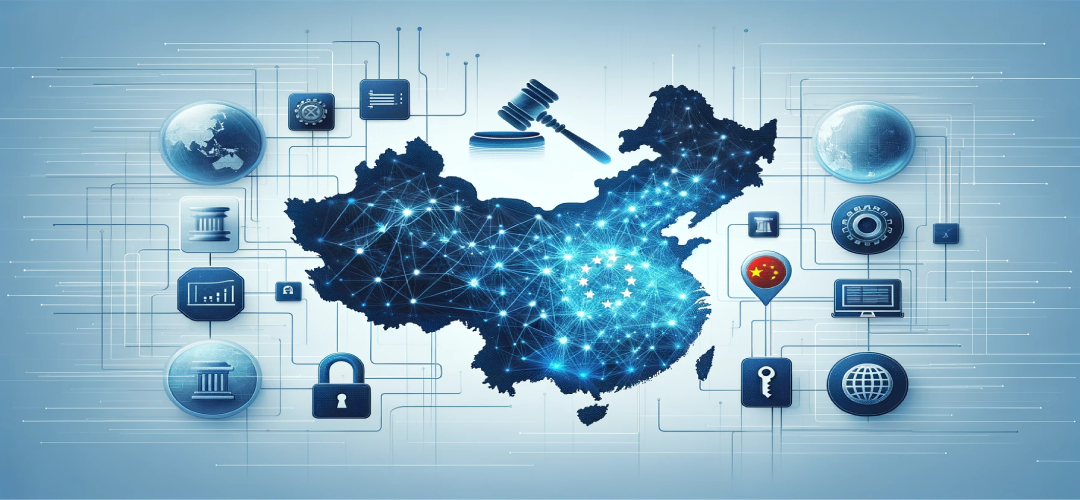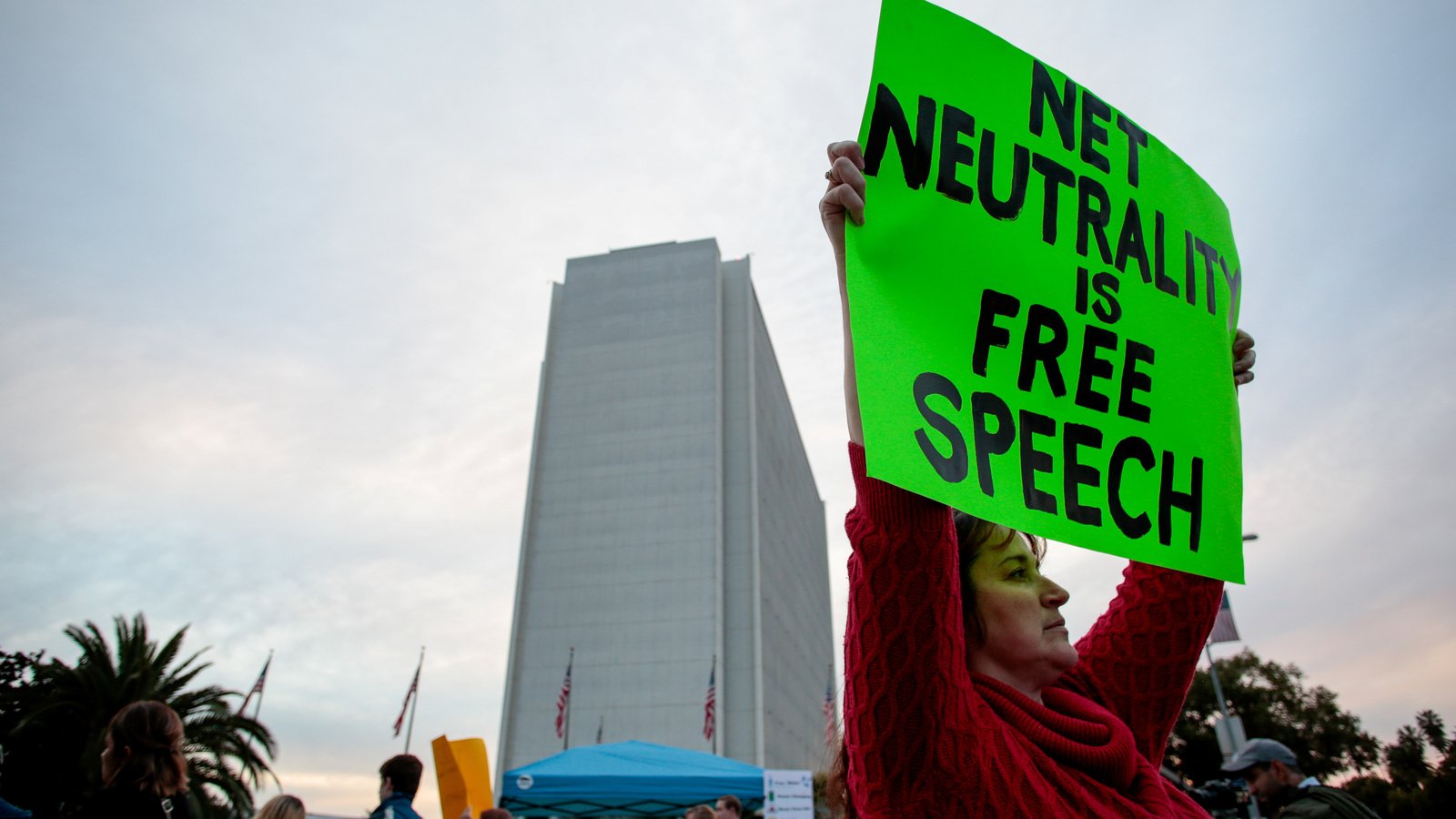Cyber Sovereignty
April 27, 2024 | Expert Insights

Governments worldwide, like modern-day empires, are assessing their cyber sovereignty to control cyberspace security, influenced by technological dependencies, national cyber resilience, political considerations, stakeholder maturity, and the complexity of the cyber governance ecosystem. Even Democratic countries, despite their traditional net neutrality, are beginning to embrace cyber sovereignty, with more governments supporting Chinese and Russian proposals for more AI sovereignty, especially in Latin America and Africa. Beijing's efforts to promote extreme cyber sovereignty are being embraced globally.
Resilience in production environments is crucial amidst increasing cyber-attacks, and nations can achieve this by applying VUCA (volatility, uncertainty, complexity, and ambiguity) principles designed and proposed by Warren Bennis and Burt Nanus from the US Army War College. Henry Farrell and Abraham Newman's Underground Empire and Anu Bradford's Digital Empires delve deeper into causal and consequential effects.
Background
Nation-states have shaped the global order since the Treaty of Westphalia. Still, technology firms like Amazon, Apple, Meta, Alphabet, Microsoft, and Alibaba have grown beyond sovereign boundaries and control through the digital realm.
A new global order known as "techno polarity" pits nation-states against the biggest tech corporations as the main actors in international relations. It is distinct from conventional ideas of global power in that control over data, algorithms, and servers, rather than physical land and military might, determines sovereignty and influence.
The current Big Tech is reshaping nation-states, challenging traditional ideas of global power. Governments have begun aligning with tech companies' interests through persuasion or coercion. The US and China are testing two models of military technological progress: one seeking commonality between government and commercial innovation, and the other centralising military and economic power under a single state. Major tech companies are autonomous and innovating faster than government bureaucracies can manage, leading to a shift in power dynamics beyond the digital sphere. Incorporating tech firms into governance models may be necessary to navigate the complexity of a technopolar world, shaping the trajectory of economic, social, and political futures.
Techno-polarity is causing a stir, with technological corporations and decentralised blockchain projects influencing the future, making it difficult for states to hinder or block their development patterns. Cyberattacks can subvert even the most advanced cybersecurity protocols. Nations worldwide assess their Cyber Sovereignty to control cyberspace security.
Geopolitical instability has raised concerns about national infrastructure protection, with cybersecurity agencies warning of ransomware threats. Cybersecurity threats vary by geography, with the US being one of the top countries targeted by hackers. The PRC is lobbying for AI sovereignty globally, raising concerns about its impact on global democracy and human rights.
‘The security begins at home' culture influences procurement, with countries sourcing solutions closer to home. Cybersecurity sovereignty aims to minimise risk using local suppliers with known components, code, and ongoing development.

Analysis
With rapid developments in the public digital infrastructure, a shift to techno polarity seems inevitable.
Two key advantages drive this shift towards a techno-polar order:
- Domination of Digital Spaces—Digital space is dominated by powerful individuals who influence billions of people globally, shaping civic, economic, and private life. Their choices shape what people see, hear, and think, influencing economic and social opportunities. The accumulation of data by private entities gives them more incentive to obtain eminent positions, killing competition.
- They dominate digital and physical infrastructure, control AI and automation, shape the global environment, and shape governments' operations in modern economies and societies.
Tech companies' geopolitical influence will grow as daily life shifts online and AI expands, eroding government power. Their influence extends to economics, politics, and national security, as seen in social media deplatforming and cybersecurity, empowering Ukraine against Russian invasion.
Technopolarity necessitates rethinking international relations assumptions, as power balance in the 21st century may be determined by competition between nation-states and tech companies, influencing economic, social, and political life. Technopolarity also implies that nation-state-based governance structures from the 20th century are becoming less and less effective. Major technology companies and governments must be officially included in the rule-making process to regulate developing technologies like artificial intelligence effectively. Key aspects that factor in the rise of a techno-polar era:
- Cyber Strategy
- Research & Technology Strategy
- Corporate Cyber Maturity Enhancement
- Sovereign Solutions & Technologies
- Governmental Capabilities
National and Big Tech have strengthened their internal game using the above strategies, and with significant investment, they have made advancements in securing hegemonic systems. These systems have not been paralleled before giving rise to the new technopolar order.
Exporting AI Sovereignty
The People's Republic of China (PRC) is advocating for AI sovereignty globally, similar to its efforts for cyber sovereignty. The PRC has emphasised the importance of AI governance systems that align with national conditions and has submitted a position paper to the UN requesting flexible AI ethics. The PRC's AI facial recognition technologies are primarily exported to autocracies or weak democracies, with the majority of exports concentrated in non-democratic BRI partner countries.
China and other authoritarian countries like Russia have used the concept of 'cyber sovereignty' to justify practices deemed unacceptable in democracies. China's 'cyber sovereignty' manifests in the Great Firewall and data localisation policies, while Russia's includes domestic internet pushes and laws mandating local data storage. This raises the question of how much cyber sovereignty is too much.
Digital companies are creating a new geopolitical arena, controlling people's access to social and economic opportunities and thoughts. In 2022, people will spend more time on digital devices, leading to a more immersive online space called the "metaverse." This metaverse will depend on decentralised blockchain-based economic systems, making it difficult for governments to regulate. Big tech corporations are more powerful than nation-states, changing warfare outcomes and making significant decisions during wartime. Russia and China have increased coercion, forcing tech companies like Apple, Alphabet, and Meta to adopt local alternatives. The key question is which major power will adapt better to the global paradigm shift.
Assessment
- Hegemonic Technopolarity necessitates rethinking international relations assumptions, as power balance in the 21st century may be determined by competition between nation-states and tech companies, influencing economic, social, and political life.
- Technopolarity suggests that 20th-century governance models, based on nation-states, are inadequate for effectively regulating emerging technologies like AI. It requires a formal role for technology firms alongside governments calling for a system of National Tech Governance.








Comments